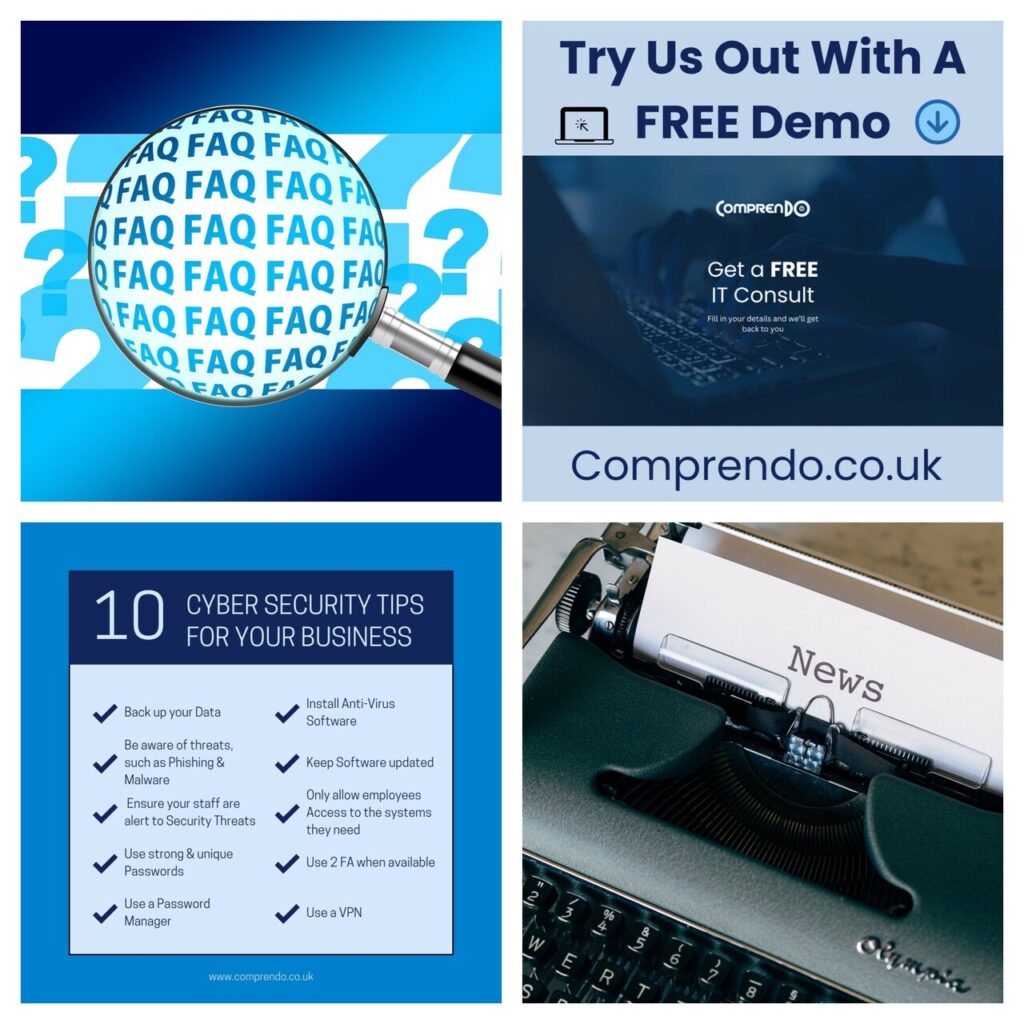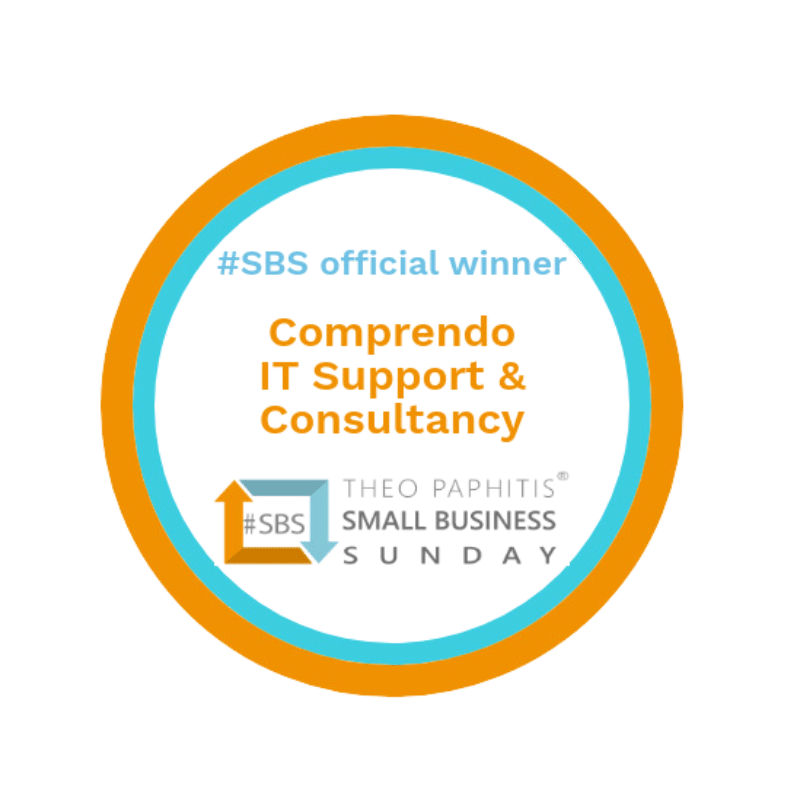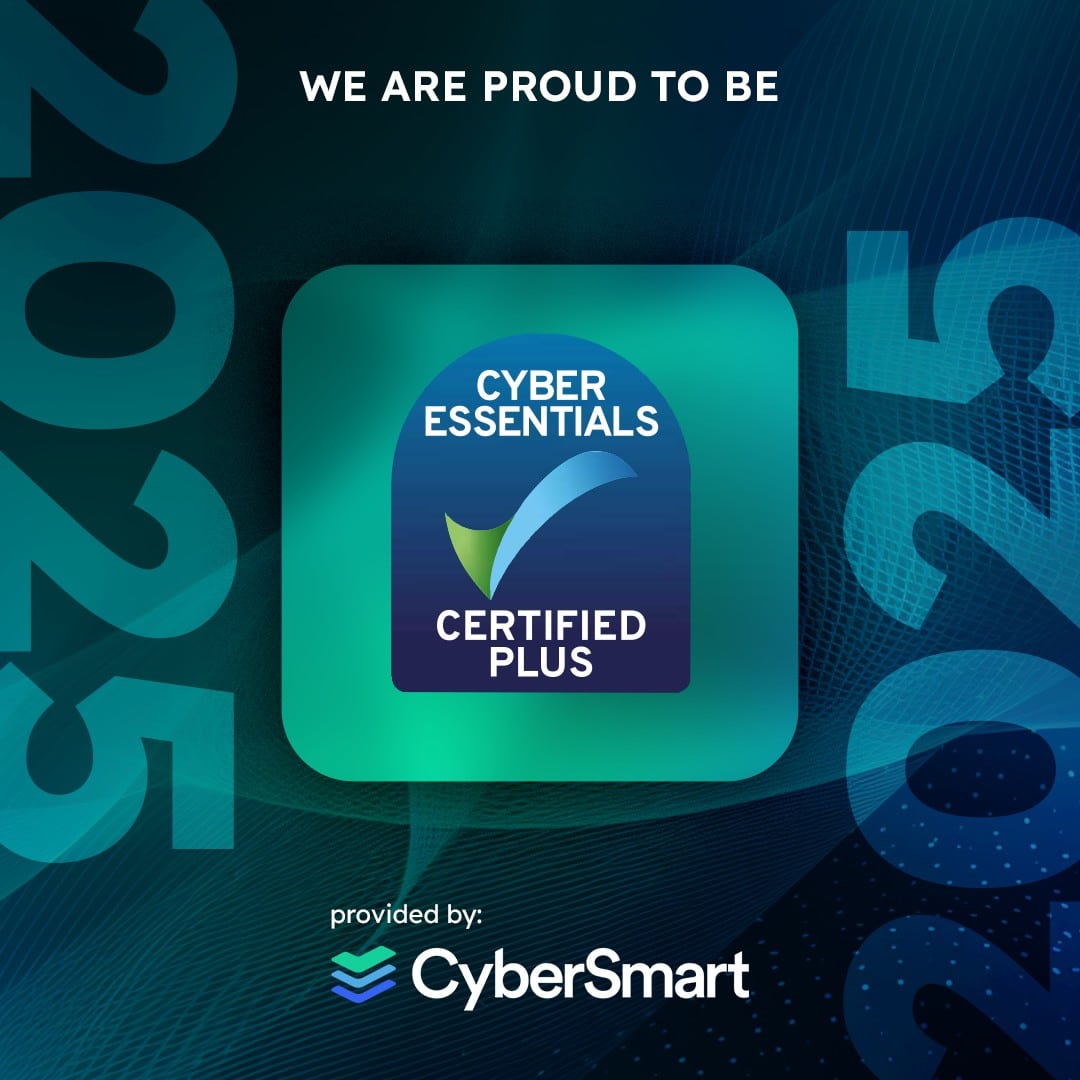Are you a business struggling to keep tabs on your employees’ smartphones, tablets and other endpoint devices? Mobile devices are now essential tools in the workplace today. They help increase flexibility and productivity, but when unmanaged they can pose various challenges to organisations. The lack of control and visibility over mobile endpoints and non-standardised ways of managing these devices can cause security risks and inefficiencies. So managing all your employees’ endpoint devices with a single console could be the solution you’re looking for. The software is called MDM or Mobile Device Management. In this blog, we’ll explain in more detail what MDM is, why businesses need it and how we can help you benefit from it.
What is Mobile Device Management?
Mobile device management generates a centralized plan for managing multiple device types with varying operating systems, such as IOS, Windows, Android, tvOS, Chrome OS and MacOS. The software enables IT administrators to control, secure and enforce policies on smartphones, tablets and other endpoints. MDM allows IT administrators to securely and wirelessly configure devices by sending profiles and commands to the device, such as updating software and device settings, monitoring compliance with organisational policies and remotely wiping or locking devices. MDM aims to optimise the functionality and security of mobile devices within the company, whilst protecting its network.
How does Mobile Device Management work?
Mobile device management relies on endpoint software, called an MDM agent, and an MDM server, that operates in the cloud. IT administrators configure policies through the MDM’s server’s management console and the server pushes the policies over the air to the MDM agent on the device. The agent applies the policies to the device by communicating with APIs built directly into the operating system. 
Essential Features of Mobile Device Management
Features and supported Operating Systems vary a lot between different mobile device management tools. Typically you can view your device inventory, secure devices and data, manage apps and configurations, enforce standardized device policies and update software remotely.
Why do Businesses Need Mobile Device Management?
In many corporate environments, mobile devices have replaced traditional desktop computers entirely – a dramatic change made possible by cloud computing. When a company runs everything from the cloud, employees can access data, applications and the company network from almost anywhere there’s an internet connection. This ease of use is exactly why mobile device management is crucial.
The Benefits of MDM
1. Security
Unmanaged mobile devices pose various cybersecurity risks. For many organisations, a lost device will not be as important as lost data. Data loss can cost companies their reputation, impact hugely on production, as well as risk financial penalties for violating data privacy laws. MDM offers an effective way to safeguard devices and data and stay compliant with current data protection regulations, such as GDPR, HIPAA and PCI-DSS.
Data and device security can be maintained with several configurations and restriction options. The use of certain device functionalities or apps can be prohibited and the use of strong passcodes can be enforced on devices. If the same device is used at work and for personal use, the user’s personal data can be separated from work data using encrypted containers. These ensure that sensitive data does not leak to third parties, such as through instant messaging apps. MDM helps organisations maintain an additional security layer on employees’ mobile devices, keeping data safe.
Mobile device management supports BYOD (bring your own device). Many organizations now opt for BYOD in the workplace. This helps keep their operational costs low and employees are happy and productive working on a familiar device. However, data security is more of a risk on personal devices as they are potentially accessible to multiple people and different locations, and of course, mobile devices are more prone to theft or loss as they’re constantly on the go with us.Public Wi-Fi is a potential target for hackers as they can intercept the traffic as the data moves between your device and the destination, remotely upload software to your device, or download data if you have network file sharing enabled. MDM can prevent employees from logging onto public Wi-Fi networks by requiring a VPN or a private Wi-Fi hotspot. MDM means organisations can protect their data without negatively impacting the user experience for employees on their devices.
Apps, Installations and Downloads. Sometimes an employee might use some personal apps on company devices. These apps all use data in the device in one way or another, but how this data might be used is an unknown quantity. No organisation wants to risk having their data accessed by an unsanctioned third party. MDM means organisations can control the apps employees can or can’t use. Granular tools to protect devices from unauthorised installations and downloads are also a feature.
Remote Device Erase Capability. If lost or stolen, organizations need to ensure sensitive data is safeguarded. Using MDM, companies can remotely erase the data on devices.
2. Control
When a wide range of devices and operating systems are in use, it can be hard to keep track of them and establish unified device management processes. By using MDM, organizations have better visibility over their devices as the software pulls valuable data from the devices. IT administrators know which devices are in use, and their security level and can more easily manage security risks.MDM also gives full control over the use of devices throughout the entire device lifecycle. IT teams can configure devices remotely, handle updates, and ensure device replacement happens on time. When an employee leaves the company, all business-related data can be wiped from the device and the device can be assigned to a new employee.
Device Compliance. As organisations make changes to their data and digital policies, these can be remotely updated on devices. New settings will take place immediately and devices will always be compliant with organisational policies.
Device Tracking. Some mobile device management software provides the capability to track devices so you can pinpoint any device in your fleet at any given moment.
3. Productivity and Cost Savings
Time Efficiency for IT Admins. Some of the same control features of MDM also benefit productivity levels. Managing many diverse device types is a complex and tedious task. The ability to manage every step of device management efficiently from a single platform and automate device enrolments and repetitive tasks, such as configuring Wi-Fi settings, will help all IT administrators save time, reduce human error and ultimately save money. MDM provides an effective way to secure devices without a huge investment or the need to hire an in-house IT specialist, so it’s perfect for SMEs.
Employees. MDM helps to increase employee productivity when end-users don’t have to spend time setting up devices themselves or visiting the IT department. Instead, they receive pre-configured devices and access to the appropriate data and apps from the start. With MDM, non-essential apps can also be prevented from being used during work hours. As MDM supports BYOD, employees are happy and more productive since they are working on a familiar device of their choosing. So, a better performance and increased profits.
Auto Back-Up. Losing data to a device crash or theft can cause significant damage to any organisation. So it’s essential to back up data regularly. The backup server can be on-premise or in the cloud. Mobile device management software helps schedule and back up the data during idle hours. Thus, in the event of theft or malfunction, no data is lost and it can be restored to a new device with business continuing unimpeded.
How We Can Help At Comprendo…
In today’s world, mobile device management is more of a necessity rather than a luxury. Companies are now highly dependent on their data, and at the same time can suffer massive revenue losses and legal penalties for losing it. So, in effect, data safety means cost savings for businesses, and an efficient Mobile Device Management Strategy is the best line of defence against both external and internal threats.
If you’d like to know more about how MDM could benefit your business, we’d be very happy to help.
<< Call our IT support team on 0345 527 4394 or email us at info@comprendo.co.uk
At Comprendo, we provide customer-focused IT services, solutions and support to businesses throughout North and West Yorkshire, Lancashire and beyond, including Leeds, Bradford, Harrogate, York, Preston and Manchester. Got an IT niggle or need a new IT partner? We look forward to hearing from you.






